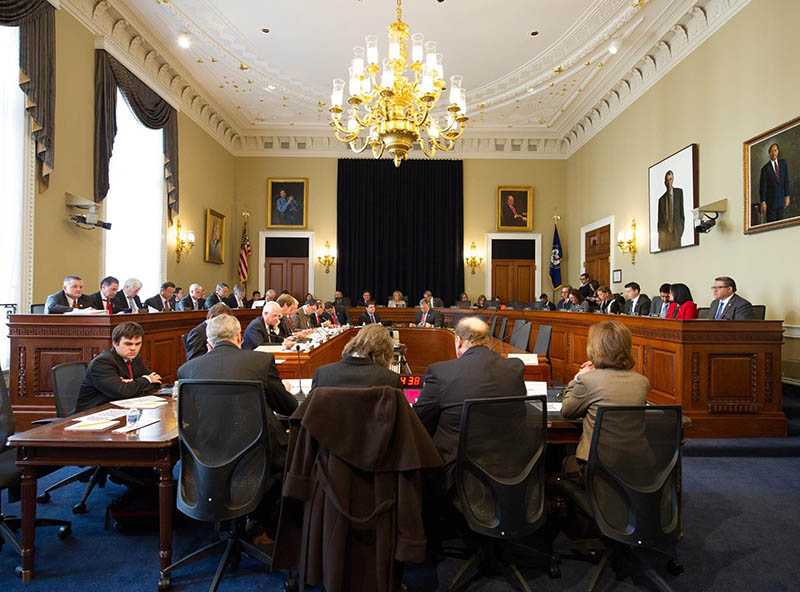As we send the May issue to press, the federal budget process is getting underway, and we are seeing a lot of proposed cuts to various industry-related federal programs. While this includes some headlines that may seem alarming at first glance, it’s best to remember that cooler heads prevail. Proposed cuts are just that — proposed. This is part of the regular budget process, and it happened under presidents Obama and Bush before him, as well.
I am not, however, advocating for complacency. If a program is proposed to be cut and no one speaks up for it, the chances are it will indeed be cut. If you hear that a program near and dear to your heart or your business is on the bubble, you are responsible for speaking up for it or accepting its loss without complaint.
You can call your representatives, your senator, your governor. A trusted industry association leader can also give you a better perspective on any real threats to your business, infrastructure, working waterfronts and support agencies that might be on the hook for budget cuts.
Some programs seem to be perpetual chopping block items, and yet in the process, they tend to keep their funding, or most of it. This is not a happenstance. Someone is speaking up for them. I can think of many federal programs that do good work by supporting the industry, research, working waterfronts, safety at sea, among other worthy causes.
The precursor to the Coast Guard was founded in 1790 as the Cutter Service and merged with the Lighthouse Service in 1939. The passage of the Saltonstall-Kennedy Act in 1954 earmarked annual funds to promote U.S. fish and fisheries. There are federal programs that help fishermen buy boats, market and sell their catch directly to consumers, and attend safety training courses.
Of course, cuts are not always a bad idea. Sometimes we just have to do it. But the things that get cut ought to be the things that the fewest people need or that fulfill the least critical tasks.
I think of the federal budget as our office server, the locus of central operations. Because it is central and vital, it can also become a dumping ground. People put files there for safekeeping and never look back. Someone has to volunteer to clean it out or the capacity will max out, and everything will run at a snail’s pace.
But how do you know if the files are important if you didn’t create them? For one, check the date last opened. If it seems like a derelict, drop it into a new folder of things to be deleted. Second, let your co-workers know you’re cleaning house, alert them to the process and that they are responsible for reclaiming any files they need.
This leaves the onus on those who need the files (or programs) to retrieve them (or speak up for them). Calling a representative is not as definitive as dragging and dropping a file from a folder, but it can make a difference. And all of this works in reverse, too. If you are supportive of a program cut or cutback, make that phone call, too. This is how an open process of government works.
I hope to see you on the other side!







